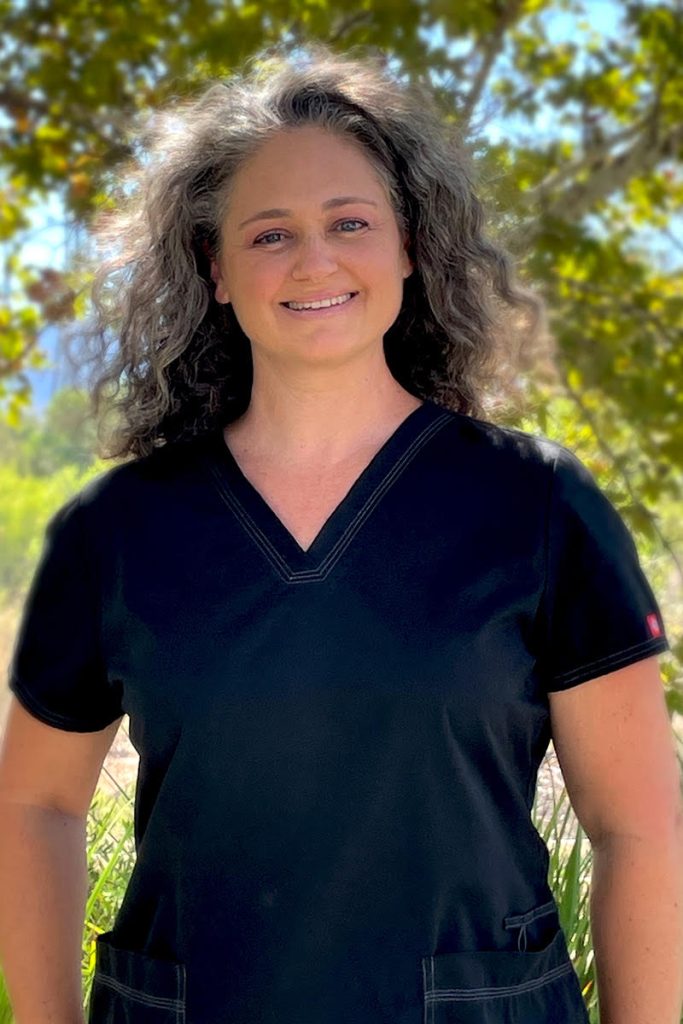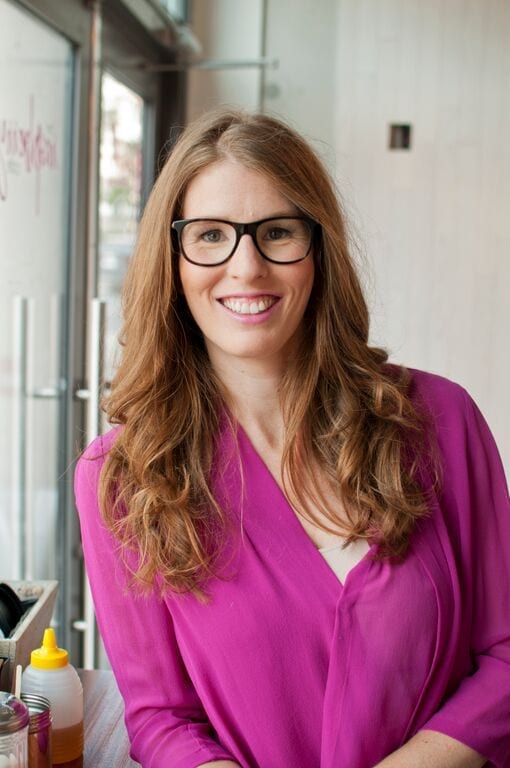Preparing for the New Parenting Role: Podcast Episode #224

Kristin and Danika discuss ways parents can prep for baby during pregnancy. They also touch on the role of social media in parenting. Hello, hello! This is Kristin with Ask the Doulas, and I am so excited to chat with Danika Sanchez today. She is the president and owner of Baby Steps Concierge Nursing. Welcome, […]
Exploring the Rising Need for Doulas: Podcast Episode #223

Kristin Revere chats with Bianca Sprague of Bebo Mia about the rising need for doulas and how their care transforms family experiences. Hello, hello! This is Kristin Revere with Ask the Doulas, and I am so excited to chat with Bianca Sprague today. Bianca is a passionate educator and advocate in the doula community, focusing […]


